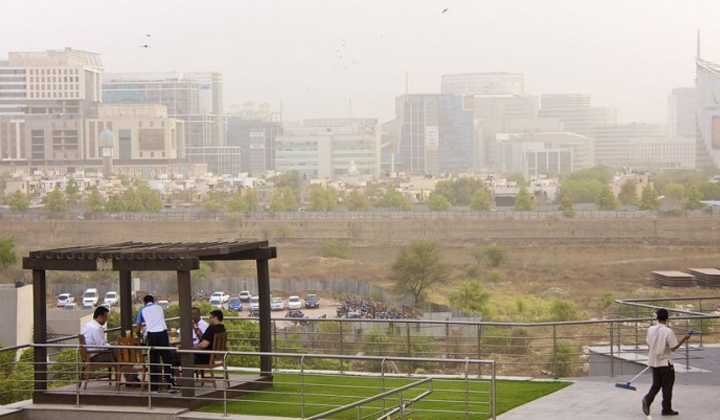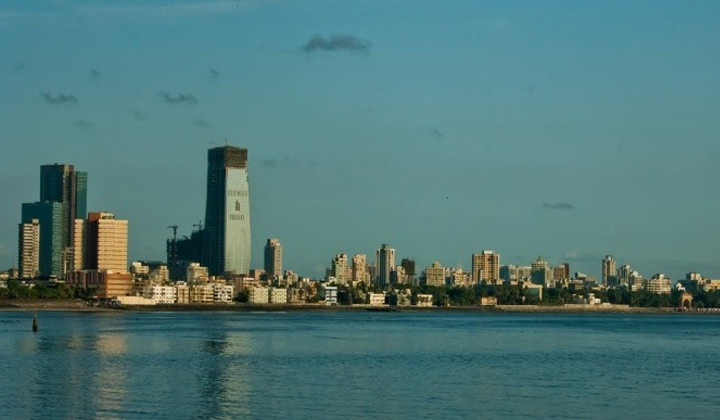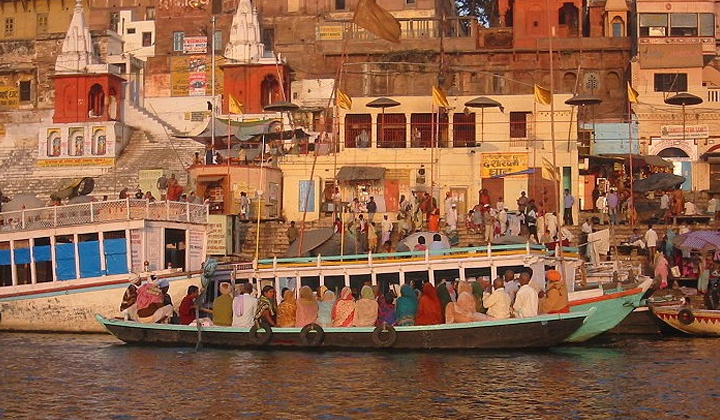Trending Now
- Action should be taken against the cops who protect the Ganja accused in TN : PMK leader Anbumani Ramdoss
- Votes that go to Congress or INDI alliance is a waste : PM Modi
- Court grants one-day custody to police to investigate Youtuber Savukku Shankar.
- We actually got our independence only in 2014. The independence to change this country as it should be : Actor , politician, Kangana Ranaut
Real Estate
Does Gurgaon Really Need A ‘Smart City’ Tag?
![]() June 13, 2016
June 13, 2016
A city where the development work is largely done by private players, the present-day Gurgaon is better placed than many major Indian cities, on many parameters. People – both skilled and unskilled – who flock to the city in large numbers each year do so because they are sure that they will find employments best suited for their calibre and pay well enough to give them at least a decent lifestyle. In many ways, the Millennium City today already is what the government’s Smart Cities Mission envisages for some other Indian cities.
It is in this context that we should examine the National Real Estate Development Council’s (Naredco’s) demand that Gurgaon be included in the Centre’s Smart Cities List.
According to Naredco, Gurgaon already fulfils the criteria required to be a smart city. In the argument based on which the developers’ body has made the demand lies the answer why it may not be required for Gurgaon to have a ‘smart’ tag. Being smart does not necessarily mean that a city has to provide its population a wi-fi network, or put in place fancy devices to track traffic movements. For Indian cities to be smart, they still have to put in place basic infrastructure and make the day-to-day lives of their citizens easier.
So, rather than getting into the typical definition of the term smart and how Gurgaon fits the bill, it is imperative that we look at how this developed city of Haryana makes the lives of its citizens easier and sets an example for cities across India to follow.
PropGuide evaluates Gurgaon’s current status on 10 key parameters that define a smart city:
– Efficient mobility and public transport: The city is served by an efficient Metro rail network that facilitates quick commute within Gurgaon and to other major spots in the national capital region. There also is the Rapid Metro system connecting key areas of Gurgaon and local auto-rickshaws to navigate the entire length and breadth of the city. Also, the National Highways Authority of India (NHAI), has decided to roll out the country’s first personal rapid transit network here. The project, to cover a 12.3-kilometre stretch of 16 stations across the Delhi-Gurgaon border and Badshahpur Mod at Sohna Road, is called Metrino. NHAI has invited bids for this project, expected to be built at a cost of Rs 850 crore.
– Uninterrupted electricity: For a city that sees tremendous commercial activity on a daily basis, Gurgaon’s requirement for electricity is huge. So, even as the city’s daily demand often exceeds the daily supply of 140-150 lakh units, city dwellers don’t have much to complain. “It’s seldom that there is a power cut here. Things run pretty smooth in Gurgaon,” says Brajesh Mishra, 56, a lawyer who has been living in the city for the past 15 years and owns a house in Gurgaon. To improve things, electricity boards – Dakshin Haryana Bijli Vitran Nigam and Uttar Haryana Bijli Vitran Nigam – are currently undertaking major upgrade works. Also, you can pay your electricity bills and register complaints online.
– Adequate water supply: As a resident of Gurgaon for 15 years, Mishra did not face any water woes, except once during the Jat agitation earlier this year, when the flow was stopped for a few days. The water supply in most parts of Gurgaon is as good as, or better than, most of Delhi and Noida. Everything is online at the water department, too.
– Sanitation, solid waste management: According to a report by Centre for Science and Environment (CSE) India in 2013, about 60 per cent of Gurgaon was covered by a sewage system, while the number of sewage treatment plans in the city stood at three. Further, the amount of industrial waste the city produces every year is humongous. While authorities have set in motion policies that would offer incentives to developers managing the construction waste efficiently, they may need to speed up work on managing the sewer lines in a more effective manner.
– Affordable housing: When compared with Noida or even Delhi, real estate in Gurgaon is relatively expensive. However, to house buyers seeking homes in the affordable segment, the Haryana government has launched several schemes in the city in the recent past. Through schemes such as Ashiana, Gurgaon is going to provide housing to economically weaker sections.
– Robust IT connectivity and digitisation: Inspired by Prime Minister Narendra Modi’s Digital India campaign, Haryana Chief Minister Manohar Lal has been working to turn the state digital; his government’s efforts have been the most successful in Gurgaon. Today, to access land-use record in Gurgaon, all you have to do is to go online.
– E-governance and citizen participation: If you have an Android-enabled phone, you only need to download ‘Dial Haryana’ app to access contact details of all state departments. The CM’s office also sends updates on new developments in the city. From agriculture to education and from housing public health, most things in Gurgaon are just a click away. How better can it get when one speaks of e-governance and citizens’ participation in policy making?
– Sustainable environment: For a city where commercial activity goes on at a fast pace and vehicle ownership is one of the highest, pollution woes are a given. With initiatives such as Harit Haryana, authorities in Gurgaon have been trying to tackle these issues, but a lot more might be required to make Gurgaon cleaner. When compared to Delhi or Noida, however, pollution levels in Gurgaon are relatively low.
– Safety and security of citizens: Affluence is said to attract crimes, and Gurgaon is no exception. Despite the fact that Gurgaon is much safer than many other cities in India, there is a lot of scope for city authorities to improve things here. Initiatives like setting up a video surveillance system could be helpful in making Gurgaon much safer in future.
– Health and education: A look on the government site reveals that there are as many as 103 registered multispecialty hospitals and clinics in the city at present. From providing affordable services to promoting health tourism, hospitals in Gurgaon do it all. Also, while the city has reputed educational institutes of its own – the shiniest example is the Management Development Institute – being in Gurgaon also gives easy access to other top-notch institutions in the national capital.
Sunita Mishra
























